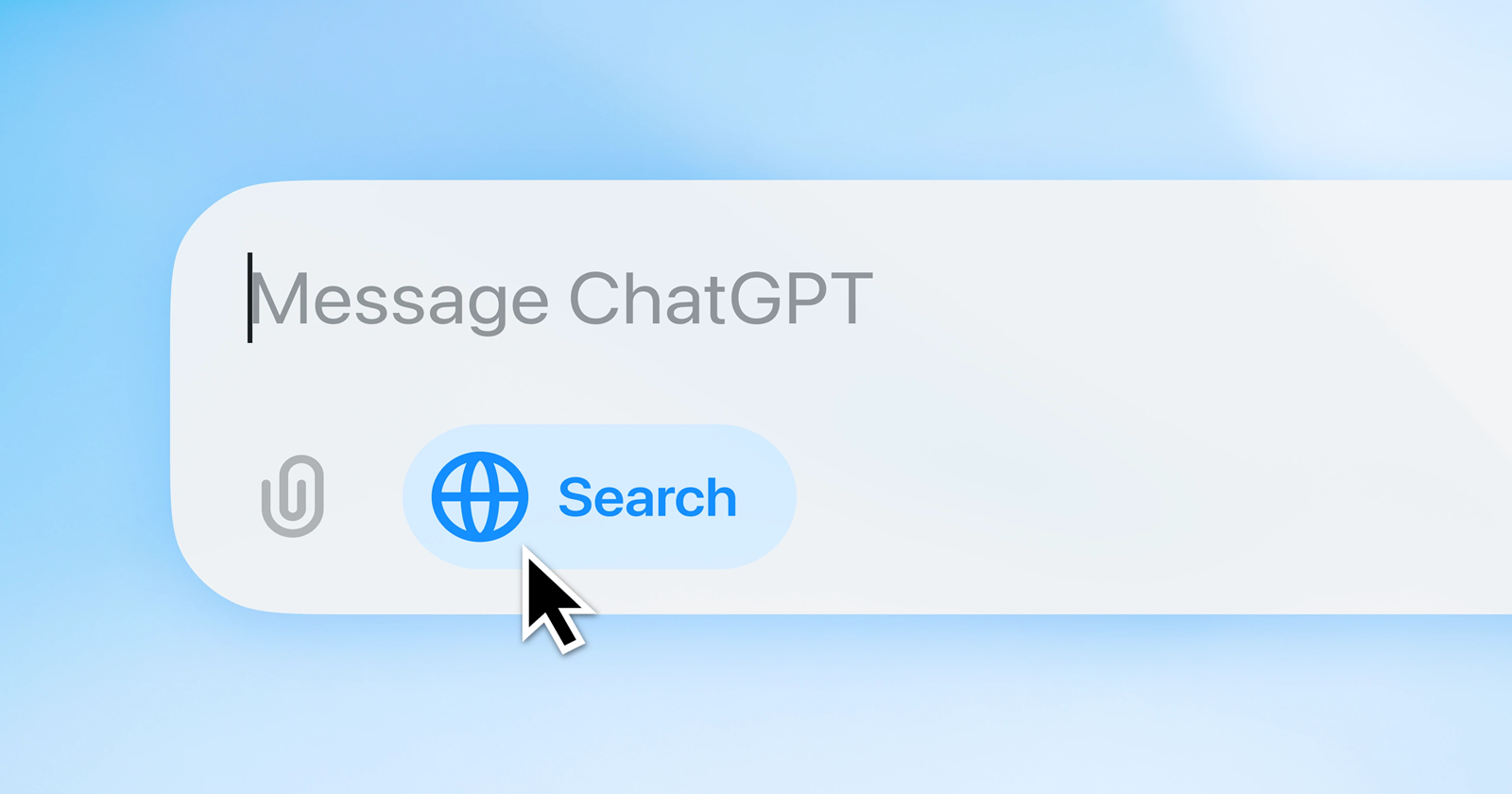AI web search on ChatGPT works entirely differently than doing a Google search, and requires different instincts. It also still hallucinates.
— Ethan Mollick (@emollick) October 31, 2024
When I ask a question that I know something about, I get different answers every time, with varying quality. Citations are a weak point. pic.twitter.com/ijm12SZodA
OpenAI’s new SearchGPT has generated considerable excitement as a potential competitor to Google, combining real-time search functionality with the familiar conversational experience of ChatGPT. Built on a fine-tuned version of GPT-4, SearchGPT integrates third-party search providers and data partnerships, allowing it to source live, accurate responses directly in response to user queries.
In early hands-on reviews, users have found SearchGPT’s features to be a refreshing departure from traditional search engines like Google. For instance, it includes a “The Source” button, allowing users to access citations directly, similar to AI search engine Perplexity. Despite some challenges — such as occasional hallucinations and variations in response quality — users have appreciated its conversational style, real-time insights, and contextual memory. This memory allows users to continue a search session without needing to restate prior queries, making it ideal for more in-depth research or content brainstorming.
A notable comparison emerged between SearchGPT, Perplexity, and Google. A series of tests across real-world scenarios revealed mixed results. While Perplexity often provided the most accurate, up-to-date answers, SearchGPT’s interface and conversational flow drew praise, and Google occasionally faltered with outdated information or AI-driven spam links. SearchGPT’s map interface, specifically, stood out, indicating a thoughtful approach to blending functional design with ease of use.
Creators are also finding SearchGPT useful for generating content ideas. Its ability to provide detailed insights and draft entire blog posts or YouTube scripts on demand, with context retained throughout the session, sets it apart from Google, which lacks this conversational continuity. Additionally, SearchGPT has proven particularly valuable for small publishers. Unlike Google’s AI Overviews, which can reference social media over official brand websites, SearchGPT prioritizes linking directly to brand websites, benefiting those affected by recent Google algorithm changes.
While Perplexity may still be the preferred choice for those focused purely on response accuracy, the momentum around SearchGPT is growing as it continues to evolve. With OpenAI’s plans to expand access to free users and integrate new features across shopping and travel, SearchGPT is well-positioned to be a compelling option not just in the AI search engine landscape, but also in the general search engine industry that has for years been monopolized by Google Search.
TechIssuesToday primarily focuses on publishing 'breaking' or 'exclusive' tech news. This means, we are usually the first news website on the whole Internet to highlight the topics we cover daily. So far, our stories have been picked up by many mainstream technology publications like The Verge, Macrumors, Forbes, etc. To know more, head here.


